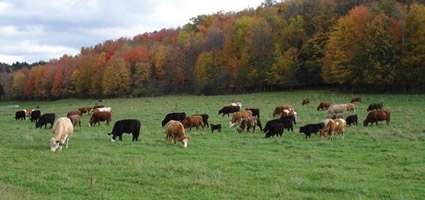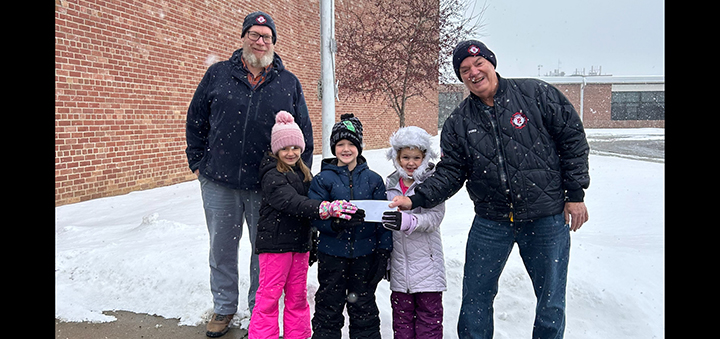Cornell implements grazing program in Chenango
NORWICH – The Chenango County Board of Supervisors has approved the funding of a new grazing program through Cornell Cooperative Extension to benefit farmers and the ag industry.
Because agriculture is still the leading industry in the county – bringing in $100 million per year – and dairy farms in the area have steadily declined in the last 10 years, assisting farmers in all aspects is critical to the economic stability of the county, according to Ken Smith, executive director at the county’s branch of the Extension located in Norwich.
Smith said the new grazing program is a welcome asset in the agricultural industry and will ultimately contribute to the economic development of the area.
Large dairy farms commonly keep cows sheltered, bringing them food because it’s easier and sometimes, more economical, he explained. However, for smaller farms, grazing is an advantageous process that reduces costs to a small dairy farmer. In addition, Smith said 10 percent of the county’s dairy farms are organic and grazing is mandated.
“For agricultural purposes, Chenango County is best suited for growing grass and pastures,” he said.








Comments